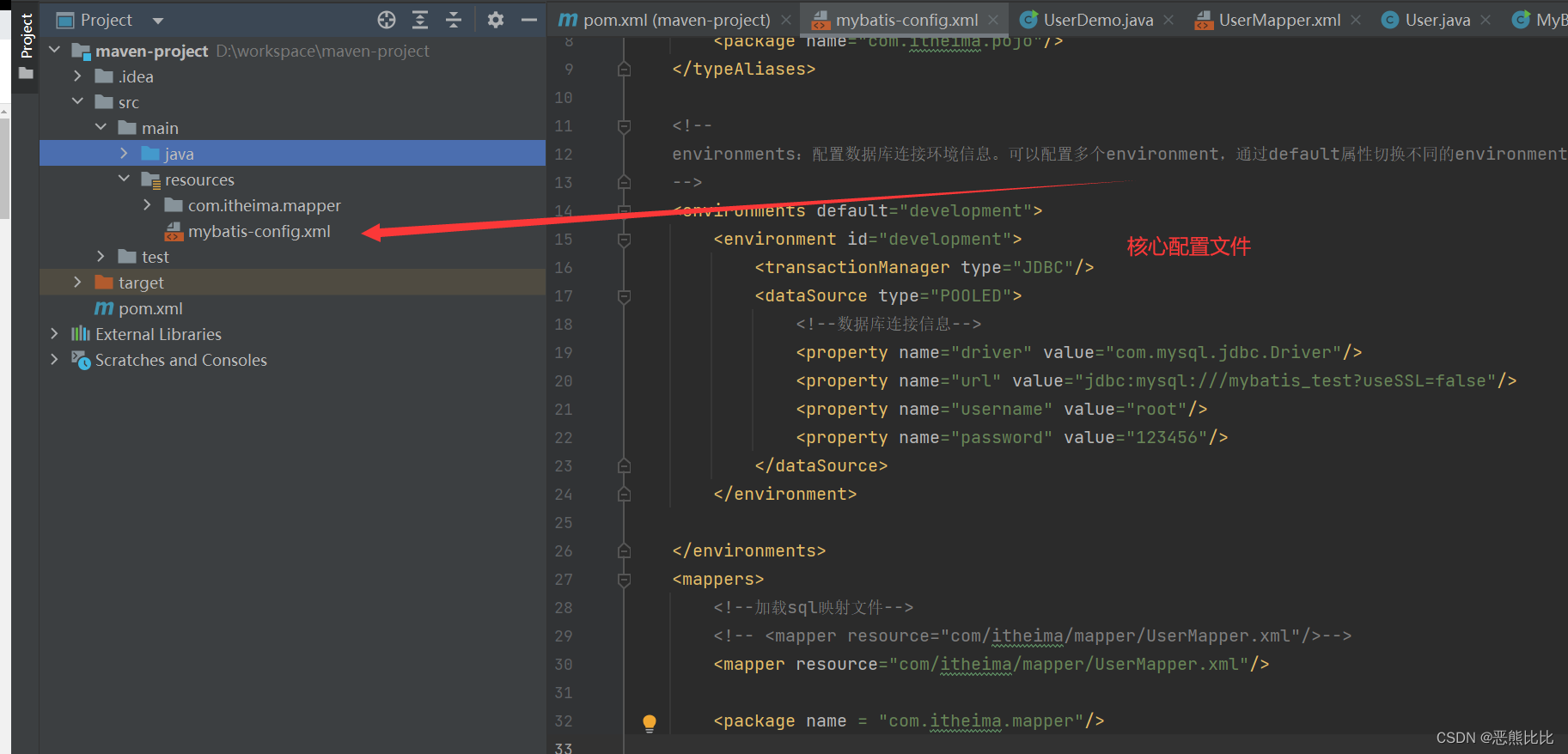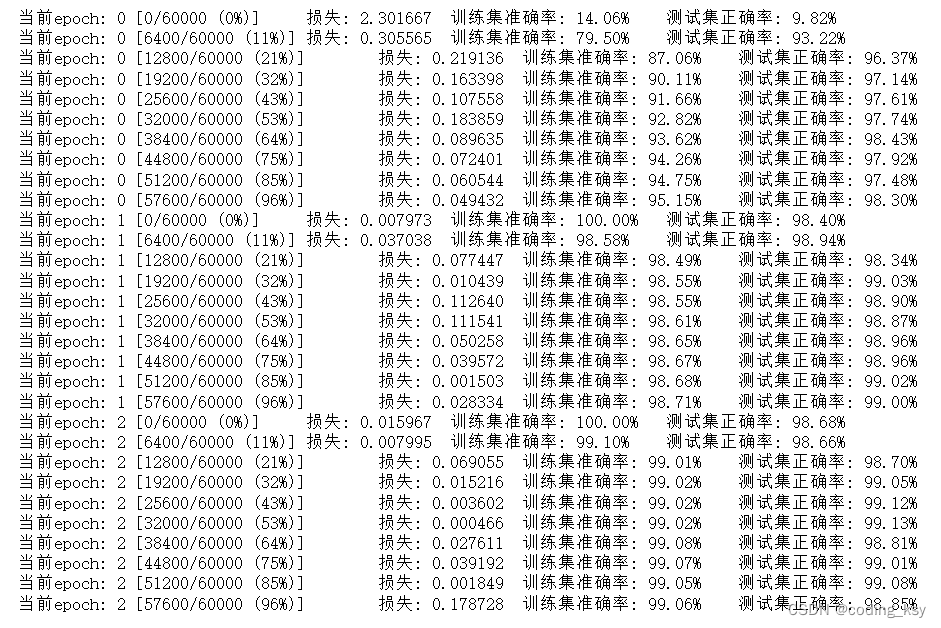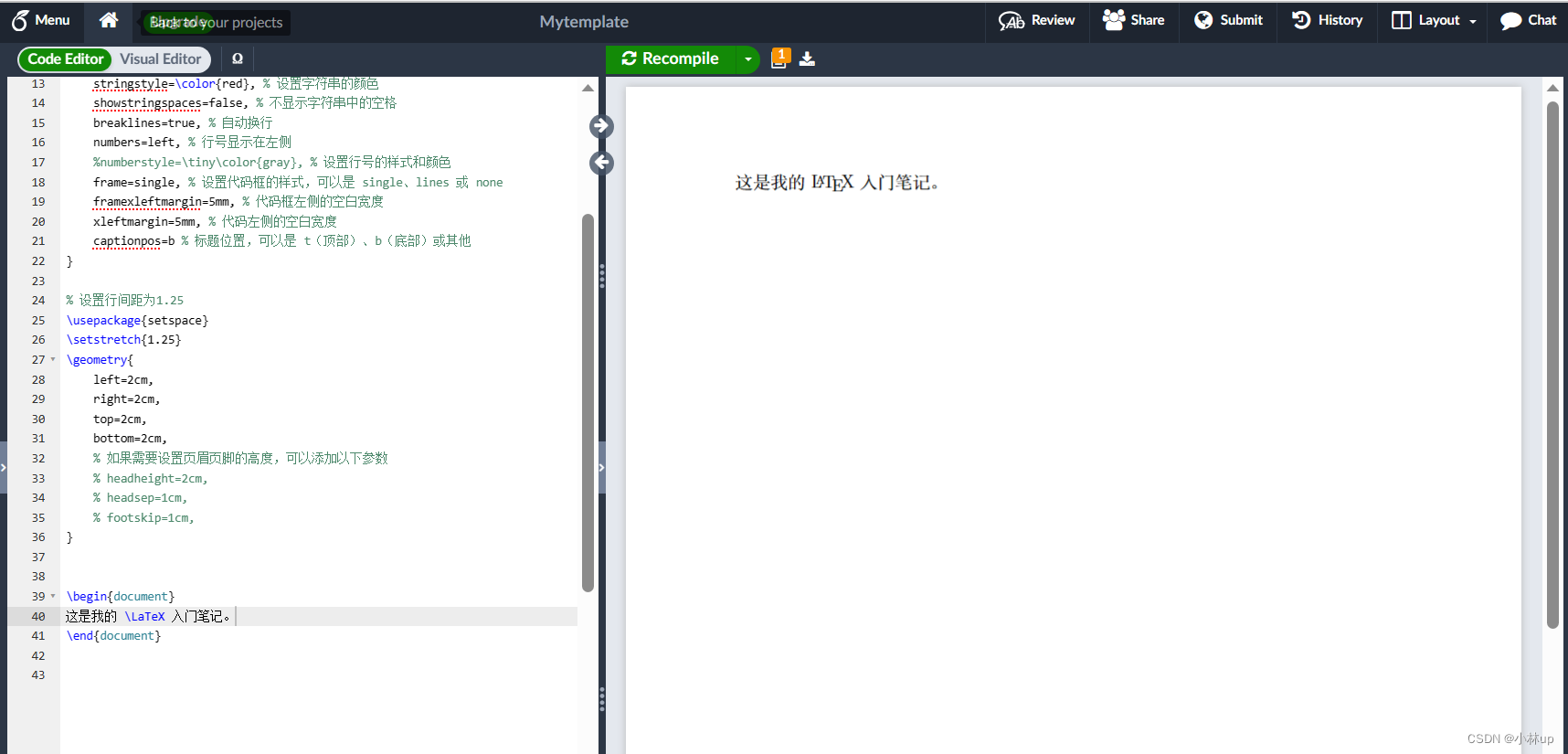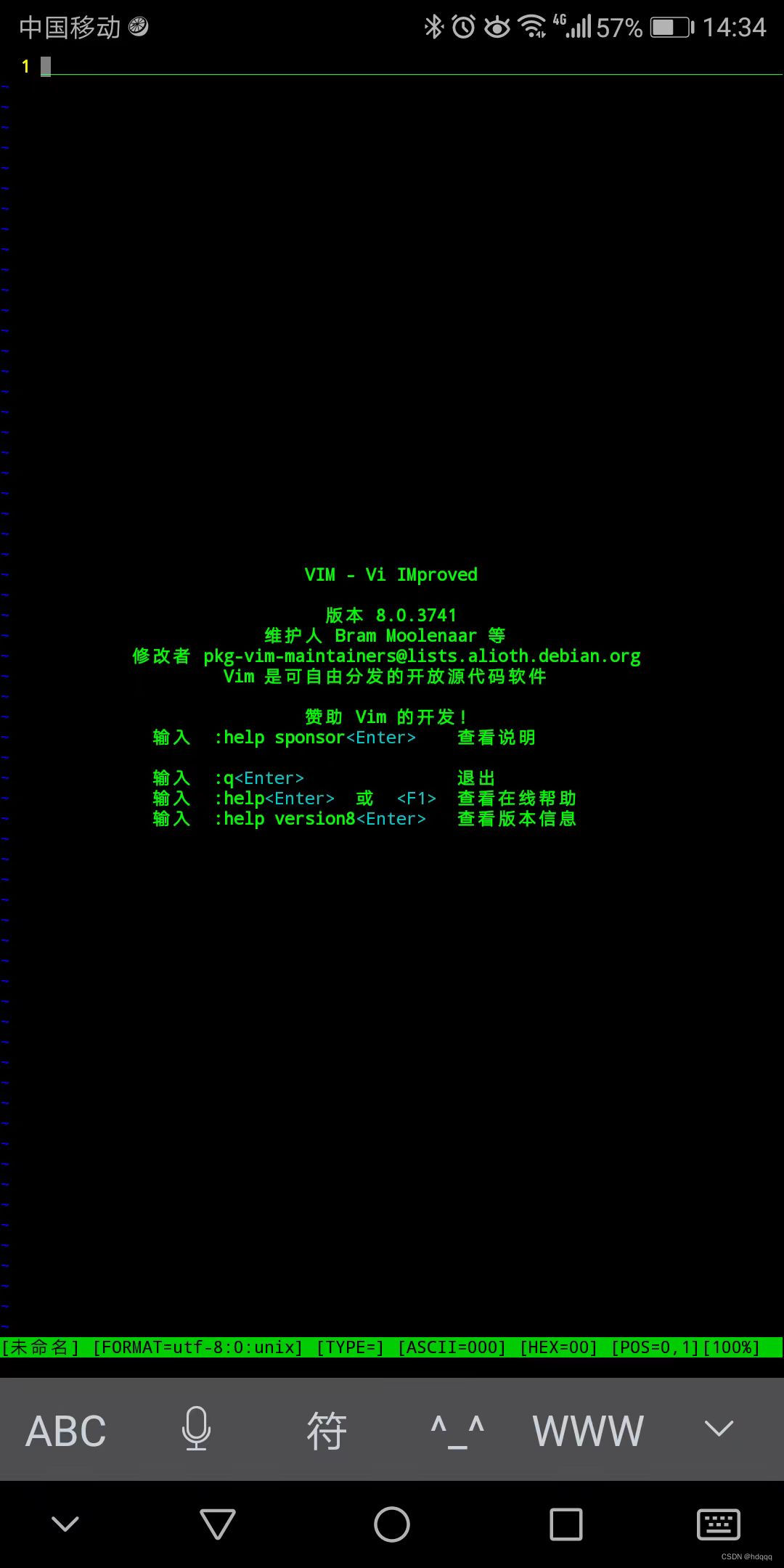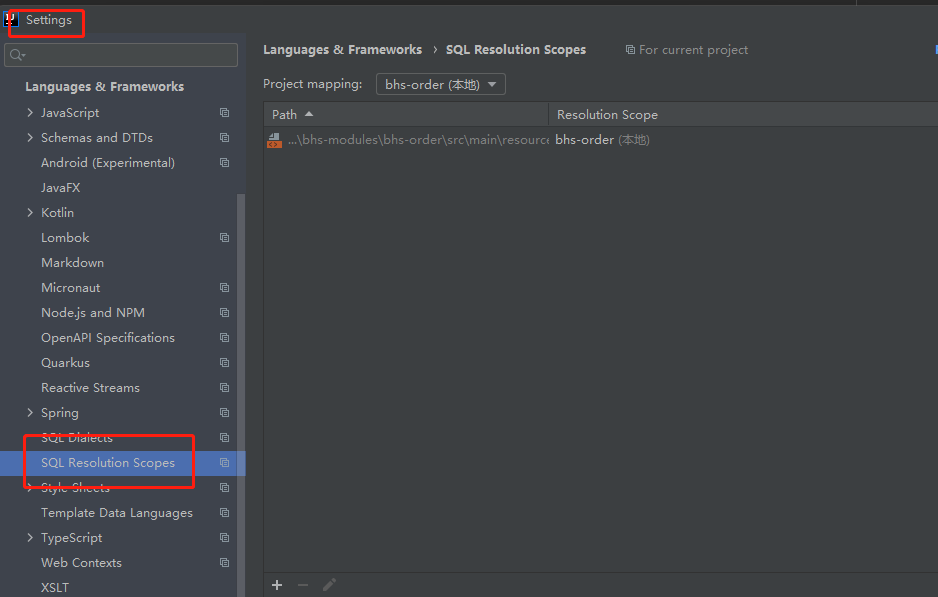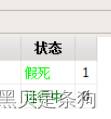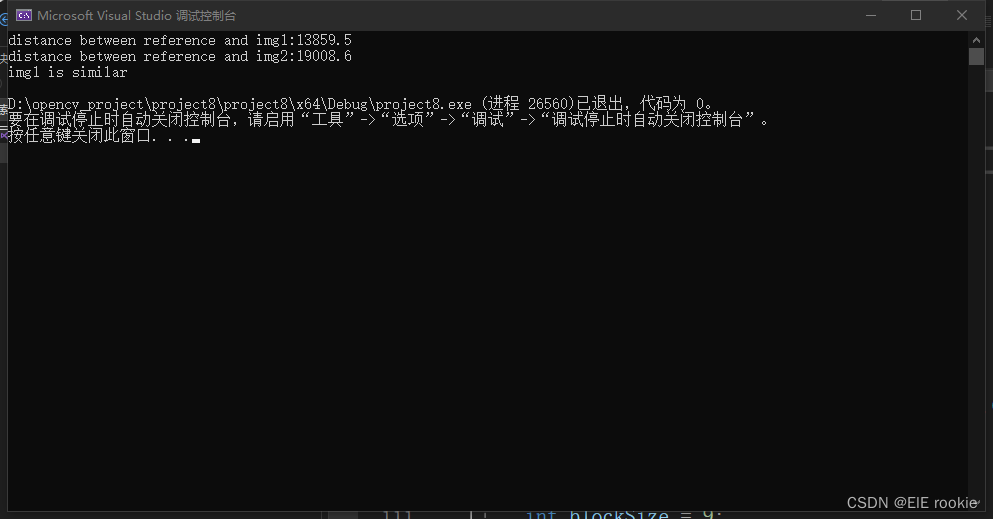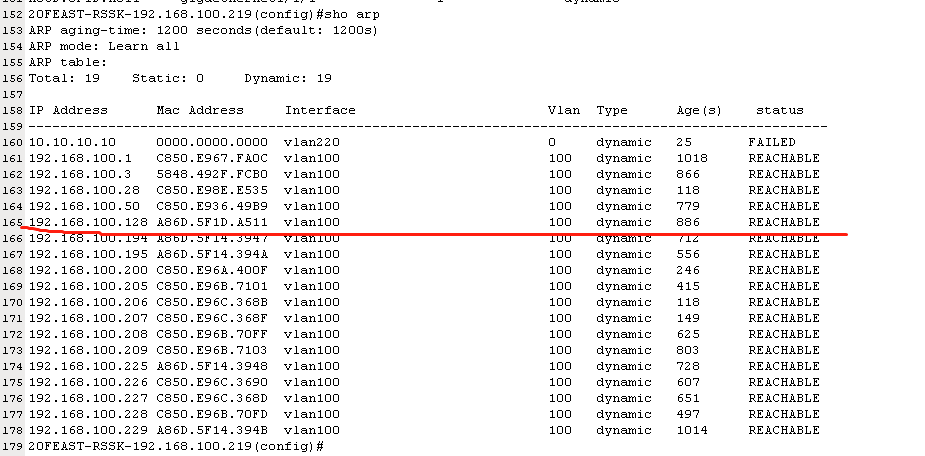# include <iostream> # include <vector> using namespace std;
void PrintVector ( vector< int > & v)
{
for ( vector< int > :: iterator it = v. begin ( ) ; it != v. end ( ) ; it++ )
{
cout << * it << " " ;
}
cout << endl;
}
void test01 ( )
{
vector< int > v1;
int arr[ ] = { 10 , 20 , 30 , 40 } ;
vector< int > v2 ( arr, arr + sizeof ( arr) / sizeof ( int ) ) ;
vector< int > v3 ( v2. begin ( ) , v2. end ( ) ) ;
vector< int > v4 ( v3) ;
PrintVector ( v2) ;
PrintVector ( v3) ;
PrintVector ( v4) ;
}
int main ( )
{
test01 ( ) ;
return 0 ;
}
# include <iostream> # include <vector> using namespace std;
void PrintVector ( vector< int > & v)
{
for ( vector< int > :: iterator it = v. begin ( ) ; it != v. end ( ) ; it++ )
{
cout << * it << " " ;
}
cout << endl;
}
void test01 ( )
{
int arr[ ] = { 10 , 20 , 30 , 40 } ;
vector< int > v1 ( arr, arr + sizeof ( arr) / sizeof ( int ) ) ;
vector< int > v2;
v2. assign ( v1. begin ( ) , v1. end ( ) ) ;
vector< int > v3;
v3. assign ( 5 , 1000 ) ;
vector< int > v4;
v4 = v3;
int array[ ] = { 100 , 200 , 300 , 400 } ;
vector< int > v5 ( array, array + sizeof ( array) / sizeof ( int ) ) ;
v5. swap ( v1) ;
PrintVector ( v1) ;
PrintVector ( v2) ;
PrintVector ( v3) ;
PrintVector ( v4) ;
PrintVector ( v5) ;
}
int main ( )
{
test01 ( ) ;
return 0 ;
}
# include <iostream> # include <vector> using namespace std;
void PrintVector ( vector< int > & v)
{
for ( vector< int > :: iterator it = v. begin ( ) ; it != v. end ( ) ; it++ )
{
cout << * it << " " ;
}
cout << endl;
}
void test01 ( )
{
vector< int > v;
for ( int i = 1 ; i <= 4 ; i++ )
v. push_back ( i * 10 ) ;
cout << "capacity: " << v. capacity ( ) << endl;
cout << "size: " << v. size ( ) << endl;
cout << "empty? " << v. empty ( ) << endl;
PrintVector ( v) ;
cout << "----------------------------------------" << endl;
v. resize ( 6 ) ;
PrintVector ( v) ;
v. resize ( 2 ) ;
PrintVector ( v) ;
cout << "----------------------------------------" << endl;
v. resize ( 4 , 88 ) ;
PrintVector ( v) ;
v. resize ( 2 ) ;
PrintVector ( v) ;
}
int main ( )
{
test01 ( ) ;
return 0 ;
}
# include <iostream> # include <vector> using namespace std;
void PrintVector ( vector< int > & v)
{
for ( vector< int > :: iterator it = v. begin ( ) ; it != v. end ( ) ; it++ )
{
cout << * it << " " ;
}
cout << endl;
}
void test01 ( )
{
int array[ ] = { 100 , 200 , 300 , 400 } ;
vector< int > v ( array, array + sizeof ( array) / sizeof ( int ) ) ;
for ( int i = 0 ; i < v. size ( ) ; i++ )
cout << v[ i] << " " ;
cout << endl;
cout << "------------" << endl;
for ( int i = 0 ; i < v. size ( ) ; i++ )
cout << v. at ( i) << " " ;
cout << endl;
cout << v. front ( ) << endl;
cout << v. back ( ) << endl;
}
int main ( )
{
test01 ( ) ;
return 0 ;
}
# include <iostream> # include <vector> using namespace std;
void PrintVector ( vector< int > & v)
{
for ( vector< int > :: iterator it = v. begin ( ) ; it != v. end ( ) ; it++ )
{
cout << * it << " " ;
}
cout << endl;
}
void test01 ( )
{
int array[ ] = { 10 , 20 , 30 , 40 } ;
vector< int > v ( array, array + sizeof ( array) / sizeof ( int ) ) ;
v. insert ( v. begin ( ) , 336 ) ;
PrintVector ( v) ;
v. insert ( v. begin ( ) + 2 , 100 ) ;
PrintVector ( v) ;
v. insert ( v. begin ( ) + 1 , 3 , 88 ) ;
PrintVector ( v) ;
v. insert ( v. begin ( ) , array, array + sizeof ( array) / sizeof ( int ) ) ;
PrintVector ( v) ;
cout << "----------------------------------" << endl;
v. erase ( v. begin ( ) ) ;
PrintVector ( v) ;
v. erase ( v. begin ( ) + 2 , v. begin ( ) + 6 ) ;
PrintVector ( v) ;
v. clear ( ) ;
PrintVector ( v) ;
cout << "size: " << v. size ( ) << endl;
}
int main ( )
{
test01 ( ) ;
return 0 ;
}
# include <iostream> # include <vector> using namespace std;
void PrintVector ( vector< int > & v)
{
for ( vector< int > :: iterator it = v. begin ( ) ; it != v. end ( ) ; it++ )
{
cout << * it << " " ;
}
cout << endl;
}
void PrintVector ( vector< int > && v)
{
for ( vector< int > :: iterator it = v. begin ( ) ; it != v. end ( ) ; it++ )
{
cout << * it << " " ;
}
cout << endl;
}
void test01 ( )
{
vector< int > v;
for ( int i = 0 ; i < 100000 ; i++ )
v. push_back ( i) ;
cout << "size: " << v. size ( ) << endl;
cout << "capacity: " << v. capacity ( ) << endl;
cout << "--------------------------" << endl;
v. resize ( 10 ) ;
cout << "size: " << v. size ( ) << endl;
cout << "capacity: " << v. capacity ( ) << endl;
PrintVector ( v) ;
cout << "------------缩减空间容量------------" << endl;
vector < int > ( v) . swap ( v) ;
cout << "size: " << v. size ( ) << endl;
cout << "capacity: " << v. capacity ( ) << endl;
}
int main ( )
{
test01 ( ) ;
return 0 ;
}
# include <iostream> # include <vector> using namespace std;
void PrintVector ( vector< int > & v)
{
for ( vector< int > :: iterator it = v. begin ( ) ; it != v. end ( ) ; it++ )
{
cout << * it << " " ;
}
cout << endl;
}
void test01 ( )
{
vector< int > v;
int count = 0 ;
int * p = NULL ;
v. reserve ( 100000 ) ;
for ( int i = 0 ; i < 100000 ; i++ )
{
v. push_back ( i) ;
if ( p != & v[ 0 ] )
{
p = & v[ 0 ] ;
count++ ;
}
}
cout << "count: " << count << endl;
}
int main ( )
{
test01 ( ) ;
return 0 ;
}
void test01 ( )
{
vector< int > v;
cout << "capacity:" << v. capacity ( ) << endl;
v. push_back ( 1 ) ;
cout << "capacity:" << v. capacity ( ) << endl;
v. push_back ( 2 ) ;
cout << "capacity:" << v. capacity ( ) << endl;
v. push_back ( 3 ) ;
cout << "capacity:" << v. capacity ( ) << endl;
v. push_back ( 4 ) ;
cout << "capacity:" << v. capacity ( ) << endl;
v. push_back ( 5 ) ;
cout << "capacity:" << v. capacity ( ) << endl;
v. push_back ( 6 ) ;
cout << "capacity:" << v. capacity ( ) << endl;
v. push_back ( 7 ) ;
cout << "capacity:" << v. capacity ( ) << endl;
v. push_back ( 8 ) ;
cout << "capacity:" << v. capacity ( ) << endl;
v. push_back ( 9 ) ;
cout << "capacity:" << v. capacity ( ) << endl;
v. push_back ( 10 ) ;
cout << "capacity:" << v. capacity ( ) << endl;
}
void test02 ( )
{
vector< int > v;
for ( int i = 0 ; i < 5 ; i++ )
v. push_back ( i) ;
cout << "-----------------iterator-------------------------" << endl;
for ( vector< int > :: iterator it = v. begin ( ) ; it != v. end ( ) ; it++ )
cout << * it << " " ;
cout << endl << "-----------------reverse_iterator-------------------------" << endl;
for ( vector< int > :: reverse_iterator rit = v. rbegin ( ) ; rit != v. rend ( ) ; rit++ )
cout << * rit << " " ;
cout << endl;
}
void test03 ( )
{
cout << "普通对象 对应于 普通迭代器!" << endl;
cout << "常对象 对应于 常迭代器!" << endl;
cout << "--------------------普通对象下的迭代器--------------------" << endl;
vector< int > v1 ( 5 , 3 ) ;
for ( vector< int > :: iterator it = v1. begin ( ) ; it != v1. end ( ) ; it++ )
{
cout << * it << " " ;
}
cout << endl << "---------------------常对象下的迭代器--------------------" << endl;
const vector< int > v2 ( 5 , 2 ) ;
for ( vector< int > :: const_iterator c_it = v2. begin ( ) ; c_it != v2. end ( ) ; c_it++ )
{
cout << * c_it << " " ;
}
cout << endl;
}


